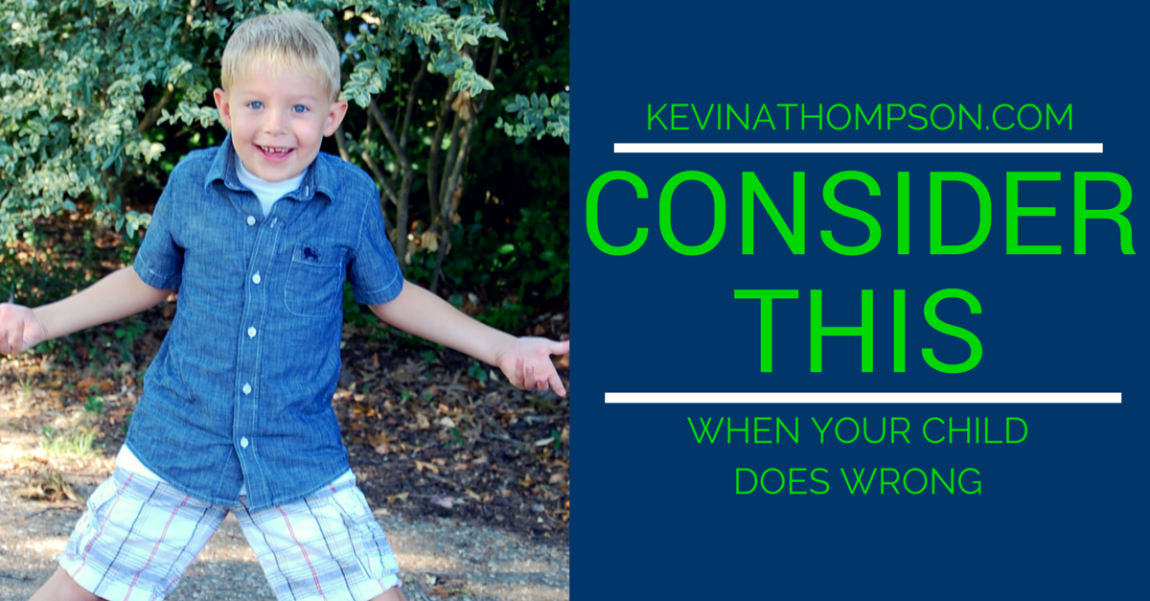It wasn’t even 6am when I woke up to a 7-year-old in my face.
“Dad, can I have the iPad?”
It all started the week before. My daughter woke up early and I didn’t want to deal with her. In a moment of tremendous parenting, I said, “Get the iPad and go away.” And she did. She was happy and I went back to sleep.
Thirty minutes later, her brother woke up. Seeing that his sister had the iPad, he came to my room and asked if it was his turn to play with it. When I said, “no,” he threw a fit. At that point, I made a grave mistake. I said, “Your sister woke up first so she got it first. Get over it.”
In my mind, I was teaching my son about life, fairness, and his need to leave me alone. Unbeknownst to me, what I really communicated to my son was, “Boy, if you want the iPad you better wake up a whole lot earlier tomorrow.” So he did. (See: One Thing Parents Control)
For the next week, my children were on a race to see who could sleep the least and wake up the earliest not because they wanted the iPad, but because they didn’t want their sibling to have the iPad.
After a week of the craziness, I came to my senses. A new rule was enacted, “iPads are for adults. No matter what time you wake up in the morning, you cannot play games on my iPad.”
Do you know what happened the next morning?
Everyone slept. I woke up before them.
What for the previous week had been a race to wake up first disappeared into the quiet of sleeping children and happy parents. (See: Conversation–the Key Skill of a Good Parent)
Notice the problem. In this instance, the problem was not the behavior of my children. The problem was the environment I had set. I created the expectation of getting up early. I actually created a challenge for whomever could get up the earliest.
By rewarding the wrong behavior, I encouraged bad behavior. The problem was not them, it was me.
Clearly this is not always the case. Sadly, it is more often than case than what I want to admit.
In parenting, leadership, and life, I regularly reward behavior I do not want from my children, co-workers, friends, and even myself. Unknowingly, I am creating the very behavior I want to stop.
Whenever a behavior becomes repetitive, one of the first questions parents or leaders need to ask is: have I created an environment where this is behavior is expected?
More often than not, we will realize we have.
Environment is often the most overlooked aspect of leading others, especially our children. Both consciously and subconsciously we create a climate where certain things get our attention and others do not. We engineer an atmosphere in which others are trying to do what is expected. Sadly, parents and leaders often fail to see how their actions are contributing to the actions of others. (See: What a Child’s Mistake Reveals About a Parent)
List three behaviors your child is doing which you do not like.
Consider how you are contributing to each of the behaviors.
Is there anything you can change which might change their behavior?



